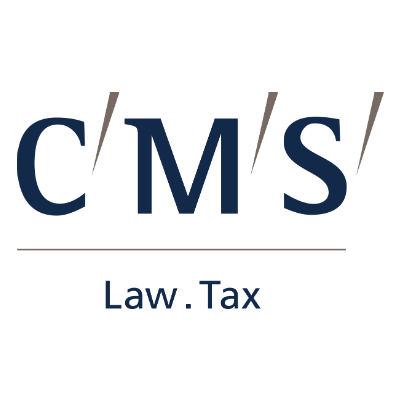Event Report
The healthcare and life sciences industry in the Netherlands is showing significant signs of growth, meaning that in-house legal teams, from pharmaceutical companies and university hospitals through to research and testing laboratories and medical device companies, are busier than ever.
On 20 June, The Legal 500, in partnership with CMS Netherlands, hosted a lively roundtable in CMS’s Amsterdam offices to consider the role of legal in promoting further growth.
The first topic addressed was in relation to medical devices and how organisations are dealing with the dramatic increase in Freedom of Information (FOI) requests. The relatively short timeframe in which companies are expected to respond to such requests, coupled with the increasing level of information they are required to provide, means in-house teams need to ensure their processes are more streamlined than ever.
Recently, the Dutch government has been questioning the efficiency of the development of new drugs. It is currently looking for alternative approaches to try to reduce the price level of pharmaceuticals, and the government is considering, among other proposals, the use of compulsory licenses against pharmaceutical companies that are not prepared to charge a ‘socially acceptable price’ for a medicine. The group discussed issues such as whether compulsory licenses are meant to be used by governments for lowering the prices of medicines – particularly if there are valid alternative pharmaceuticals on the market – and how it is decided when a compulsory license is feasible.
This topic dovetailed nicely into a discussion on magistral formula, where we explored the legal framework of magistral formula from both a regulatory and an intellectual property point of view and how pharmaceutical companies can defend and protect their innovations from being replaced by copies manufactured locally by pharmacies.
Ever-present across all the topics we examined on the day was, of course, data protection and GDPR, a subject that caused a healthy amount of heated discussion. As well as discussing anonymisation and de-identification techniques in health-related research, the group also shared ideas of best practice and how staying compliant can be both a hindrance (in terms of workload) and a help.
Willem Hoorneman, Managing Partner of CMS Netherlands, said of the event: ‘It was a pleasure hosting the Life Sciences & Healthcare roundtable with The Legal 500, and discussing with General Counsels of leading life sciences companies new developments and challenges which the sector is facing. CMS prides itself on being a global law firm
In association with...

